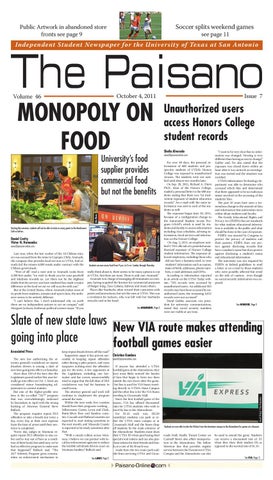The word “paisano” carries a complex weight within the Spanish-speaking world. While often used as a friendly term of endearment, its meaning and implications can shift depending on context, intent, and the speaker’s relationship to the recipient. This article aims to delve into the nuances of “paisano,” exploring its origins, cultural significance, and potential for offense. We will examine how its usage can perpetuate stereotypes and othering, ultimately guiding you towards more inclusive and respectful language alternatives.
Meaning of “Paisano”
At its core, “paisano” translates directly from Spanish to English as “countryman” or “compatriot.” It signifies a shared origin or nationality, often used to express camaraderie and kinship among individuals from the same region or country. In many Latin American cultures, “paisano” is a common greeting, a term of endearment among friends and family, and even a way to acknowledge a sense of belonging within a larger community.
However, it’s crucial to recognize that the meaning of “paisano” can be fluid and context-dependent. While it may carry positive connotations in certain situations, its usage can also become problematic when employed carelessly or with malicious intent.
Cultural Context
Understanding the cultural context surrounding “paisano” is essential for navigating its complexities. In some Latin American countries, it’s deeply ingrained in everyday language and social interactions, used freely among individuals regardless of their specific backgrounds or identities. This widespread usage often stems from a strong sense of shared heritage and national pride.
Conversely, in other contexts, “paisano” might be perceived as outdated or even offensive. This can be particularly true when used by non-Latinx individuals who may not fully grasp its cultural nuances or the potential for misinterpretation. It’s important to remember that language evolves, and what might have been acceptable in the past may no longer be appropriate today.
Potential Offense
While “paisano” is often intended as a friendly term, it can undoubtedly cause offense depending on the situation and the speaker’s intentions. One primary reason for this potential offense lies in its inherent ambiguity.
The term lacks specificity, failing to acknowledge the diverse range of experiences and backgrounds within the Latinx community. Using “paisano” as a blanket term can inadvertently erase individual identities and perpetuate harmful stereotypes. Furthermore, when employed by individuals outside the Latinx community, it can come across as insensitive or even appropriative, particularly if used in contexts where genuine cultural understanding is lacking.
Stereotyping and Othering
One of the most significant concerns surrounding “paisano” is its potential to contribute to stereotyping and othering. By reducing individuals to a simplistic label based solely on their perceived origin, it ignores the richness and complexity of their individual experiences. This can lead to harmful generalizations and prejudices, reinforcing existing societal divisions.
For example, using “paisano” in a derogatory manner or associating it with negative stereotypes about Latinx people can perpetuate harmful biases and contribute to discrimination. It’s crucial to recognize that language has power, and words like “paisano,” when used carelessly, can reinforce harmful narratives and undermine the dignity of individuals.
Inclusive Language Alternatives
Given the potential for offense and harm associated with “paisano,” it’s essential to explore more inclusive and respectful alternatives. When interacting with Latinx individuals, consider using their specific names or titles, demonstrating genuine respect for their individuality.
Furthermore, opt for language that acknowledges the diversity within the Latinx community, avoiding generalizations or stereotypes. Instead of relying on broad terms like “paisano,” strive to engage in conversations that celebrate individual experiences and foster a sense of mutual understanding.
Conclusion
While “paisano” may hold positive connotations within certain cultural contexts, its usage requires careful consideration due to its potential for offense and perpetuation of harmful stereotypes. By understanding the complexities surrounding this term and embracing more inclusive language alternatives, we can create a more respectful and equitable environment for all individuals. Remember, language has power, and choosing our words thoughtfully is essential for fostering genuine connection and understanding.



